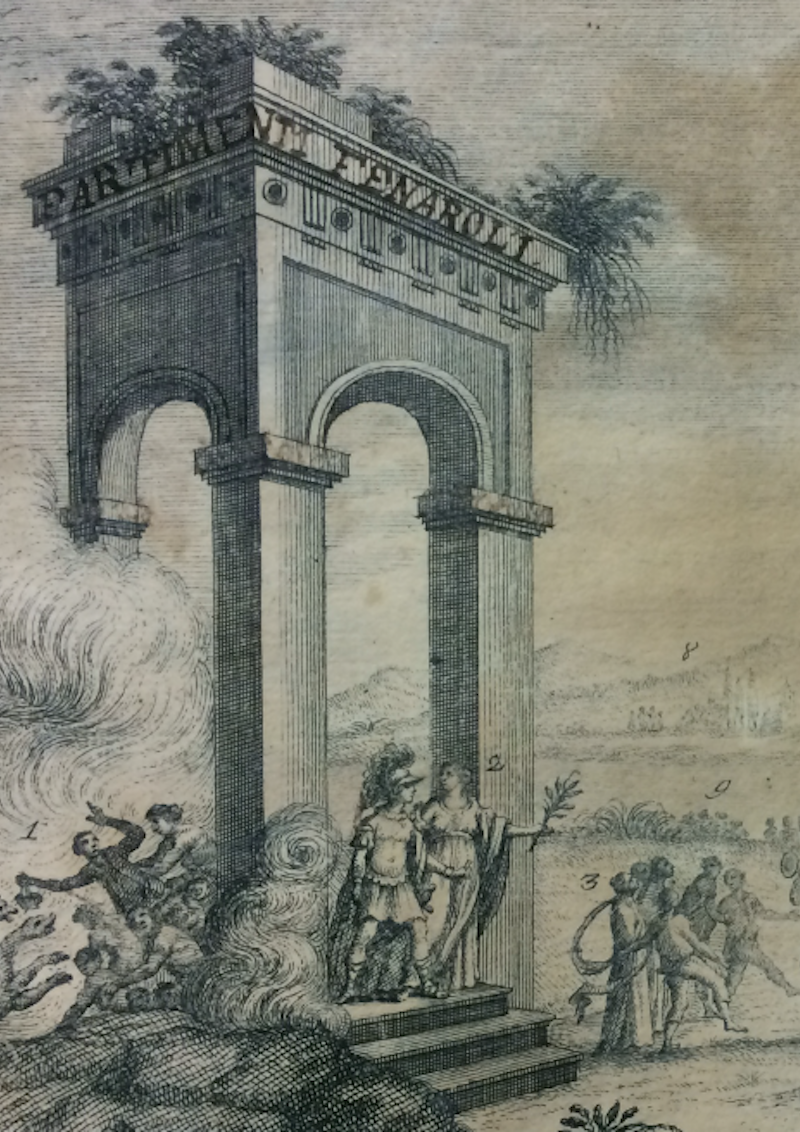Fenaroli’s pedagogical output — source studies and critical edition of his complete partimento corpus
In eighteenth-century Italy, the training to become a composer/improviser started quite early. Even before the age of ten, one started, basically from scratch, with partimento—a unique method at the keyboard based on the study and the variation of standardised musical phrases. In order to instruct pupils as well as possible, maestri composed series of partimenti—basses with gradually increasing difficulty that the pupils had to work out extemporaneously into genuine compositions, a genre among which Fenaroli’s corpus is both pedagogically and musically of exceptional quality.
Although partimento slowly but surely finds its way back into education today, the used material often remains of poor quality. The reason for this is not least that the rediscovery of partimento as an irreplaceable musical-pedagogical tool is relatively recent and that good editions of partimenti hardly exist yet. In addition, specifically with regard to Fenaroli’s partimenti, the stemmatic relationship of the surviving sources is complex.
Besides the mapping of the different stages of composition of Fenaroli’s partimento corpus, this research project will provide its first complete, critical edition and intends to further implement its pedagogical applicability.
Image: title of the partimentomanuscript I-Bsf FN. I. 1. With consent of the Archivio Musicale della Biblioteca San Francesco of Bologna to reproduce the image.






